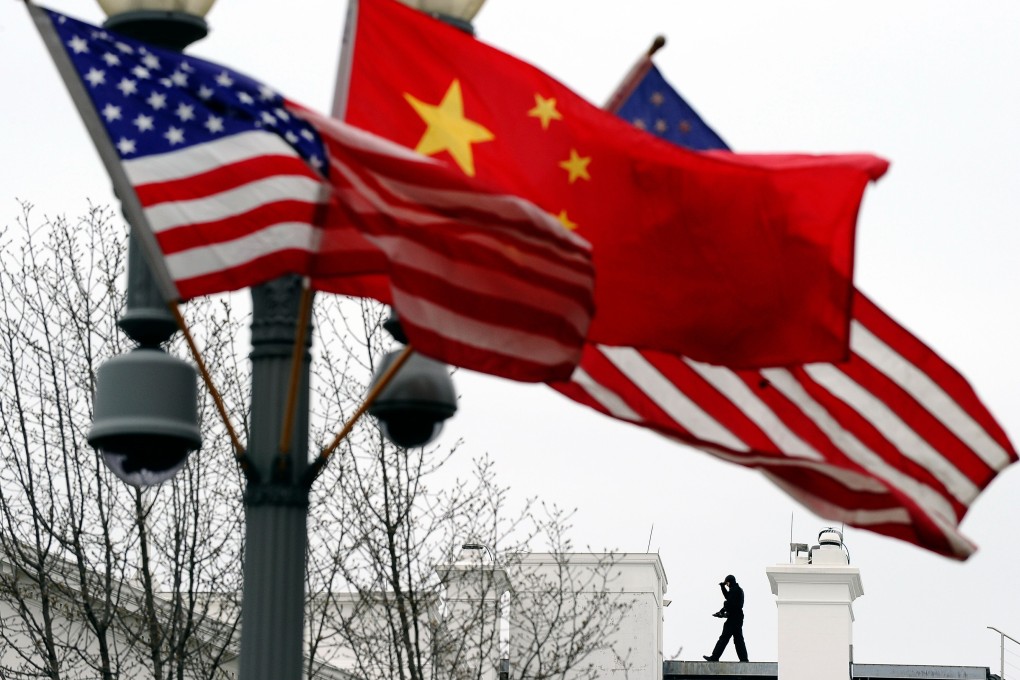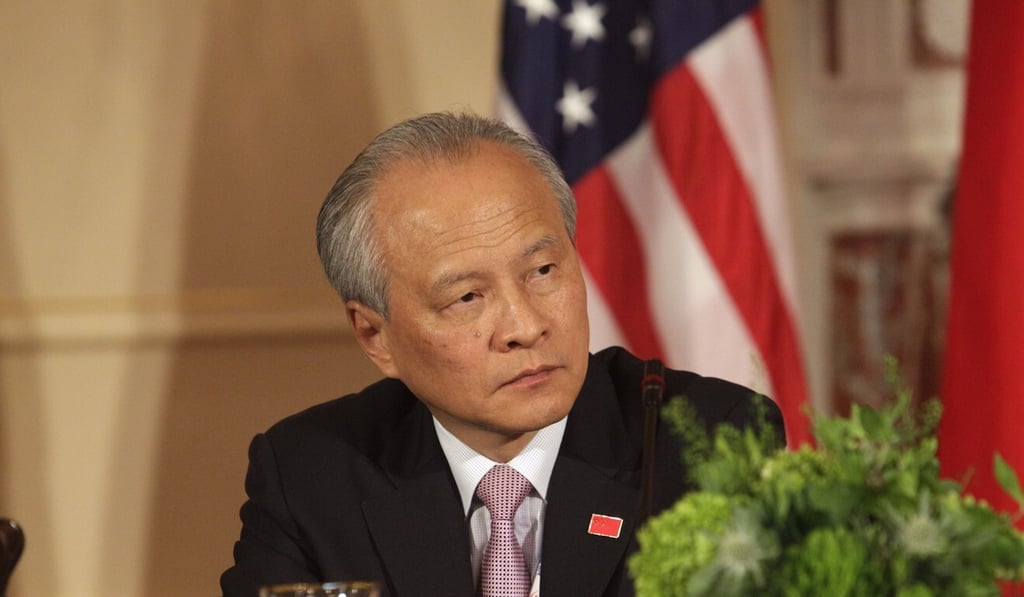US-China decoupling: does clash of ideologies raise too many non-negotiables?
- Live with us peacefully, China’s envoy Cui Tiankai has challenged Washington – but some argue coexistence is expected to be on Beijing’s terms
- American opposition to China on ideological grounds makes its position equally entrenched

Cui, 67, who has been in his post since 2013 and has a postgraduate degree from the School of Advanced International Studies at Johns Hopkins University in the US, took the debate to a webinar organised by the Aspen Institute think tank in Washington on August 4.
He asked the audience: “Is the United States ready to live with another country with a different history, different culture, maybe different system, but with no intention to compete for global dominance with the United States?”

The longest-serving Chinese ambassador to the US and fluent English speaker then asked: “Are you ready to live with us in peace?”
Perhaps predictably, Cui’s question received a mixed response from academics in both countries who track the ups and downs of US-China relations.